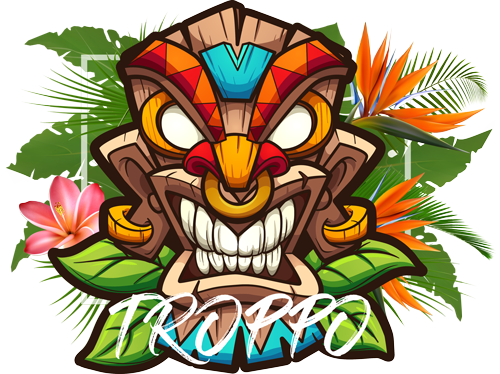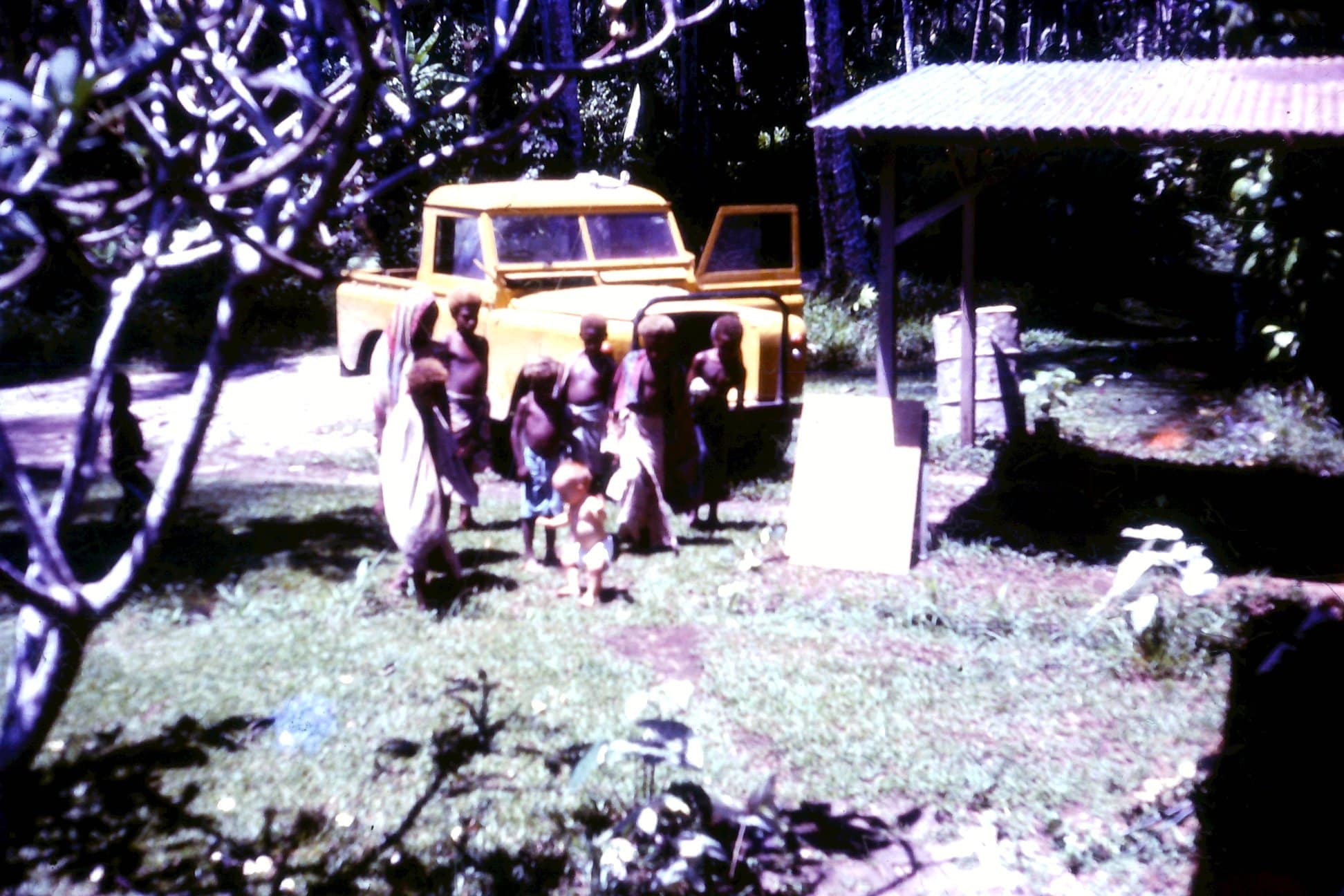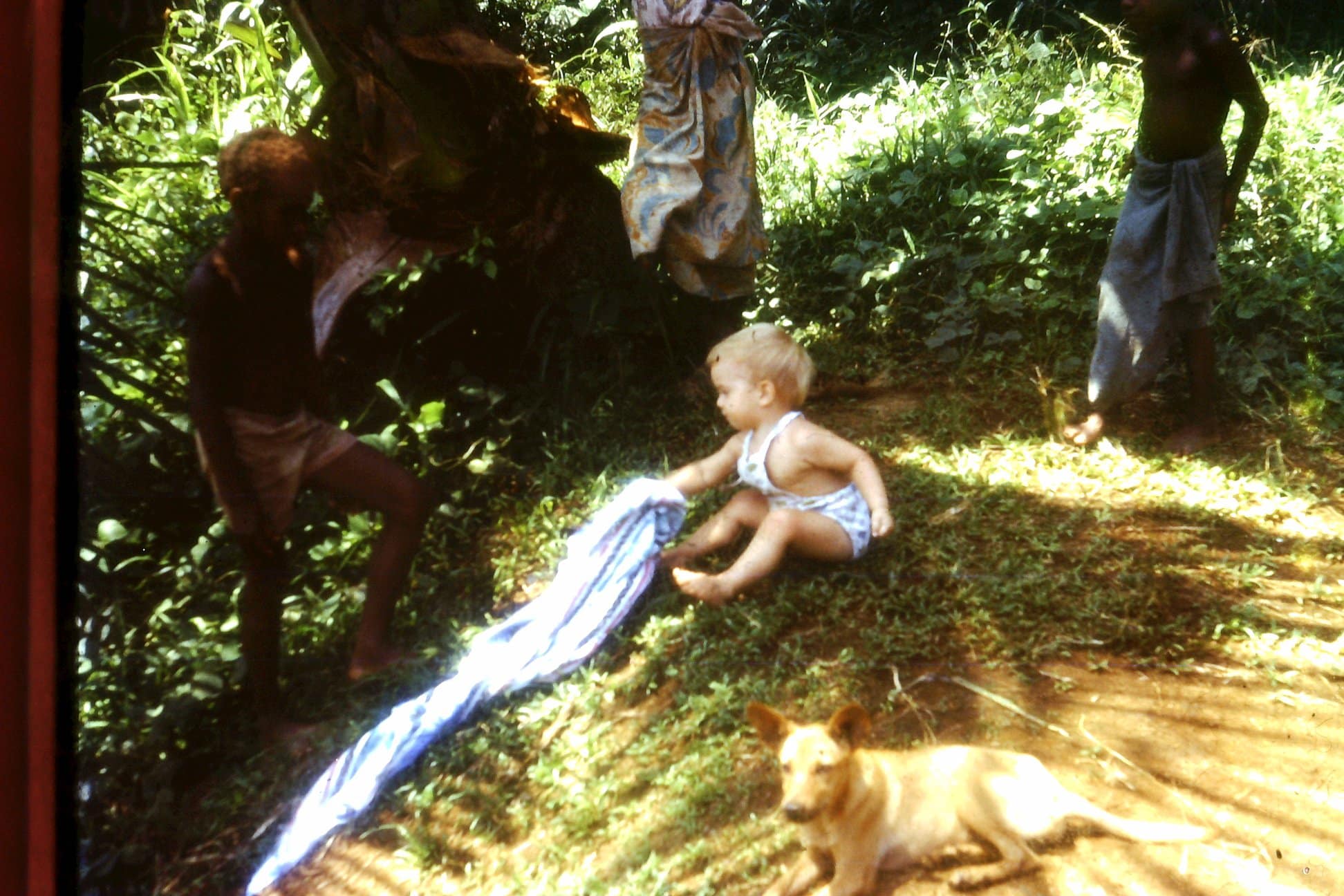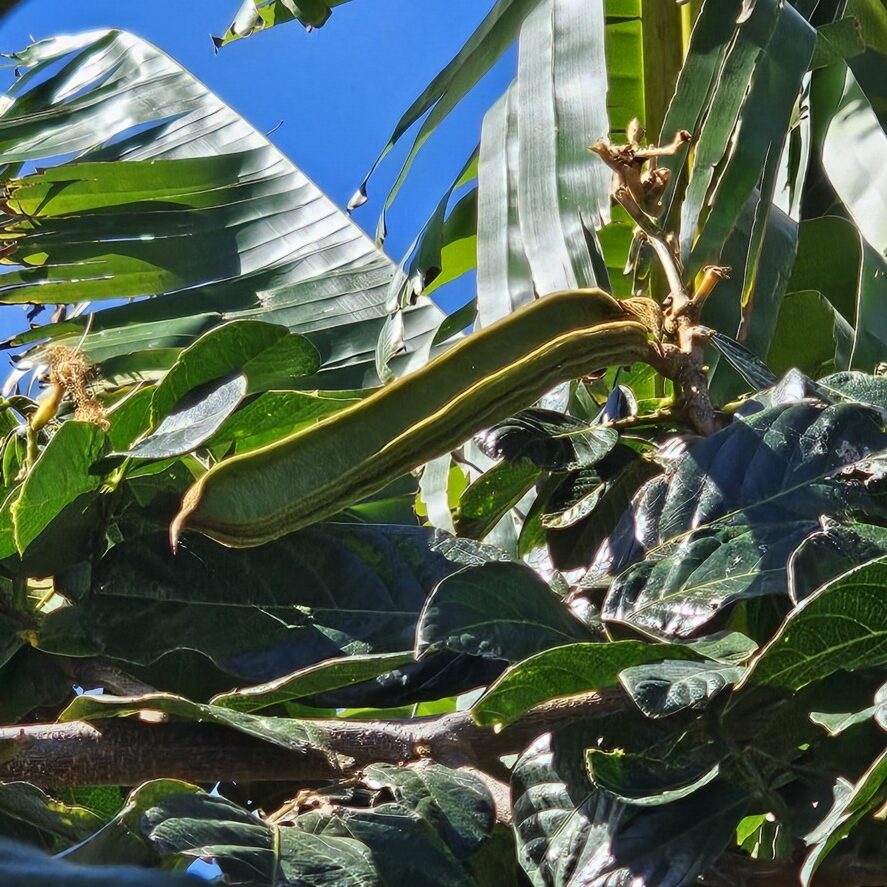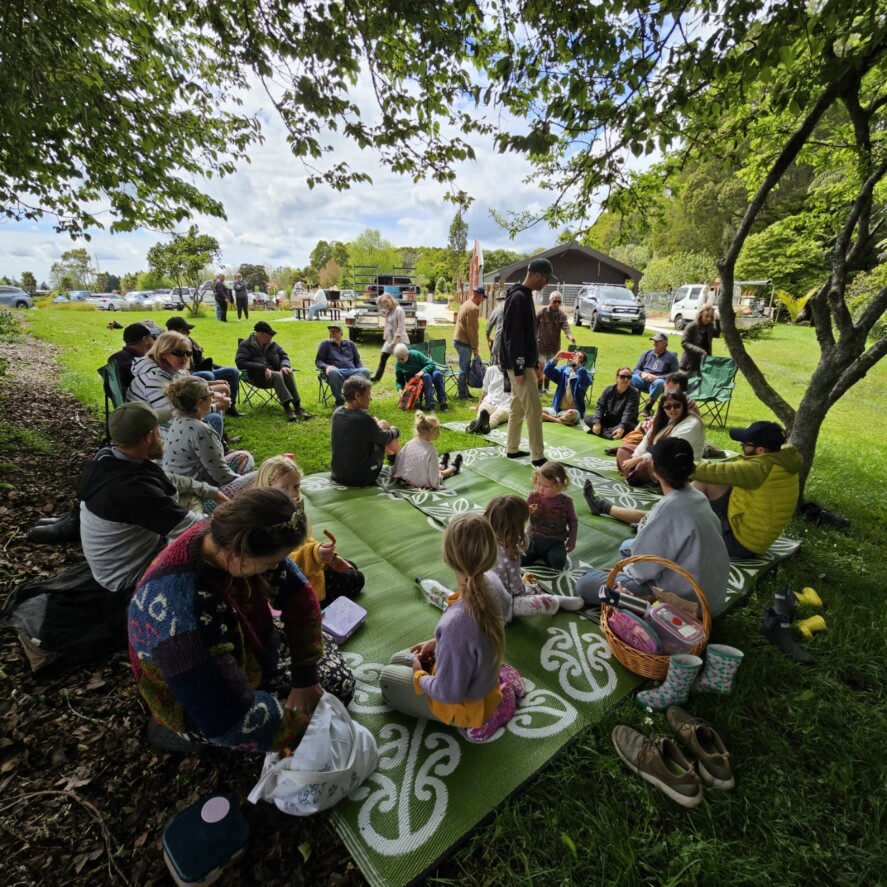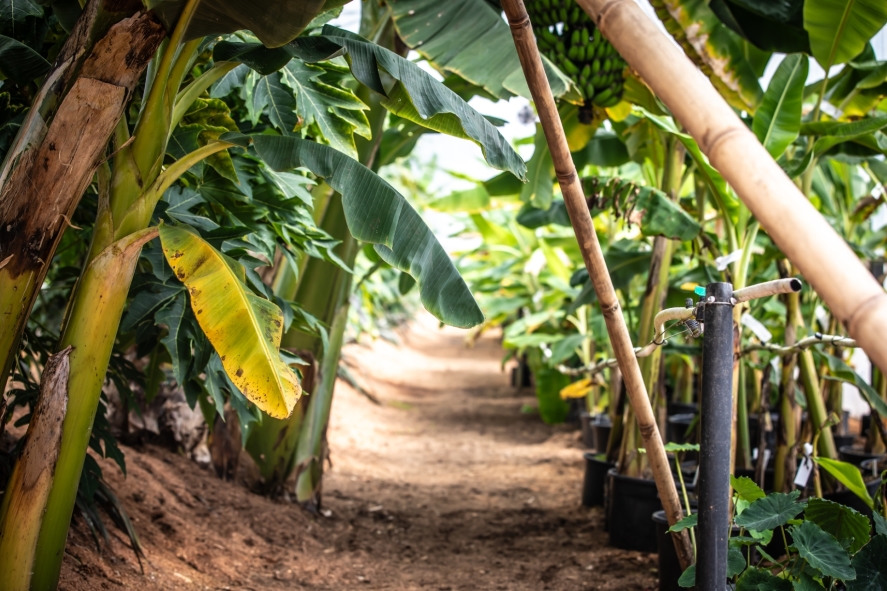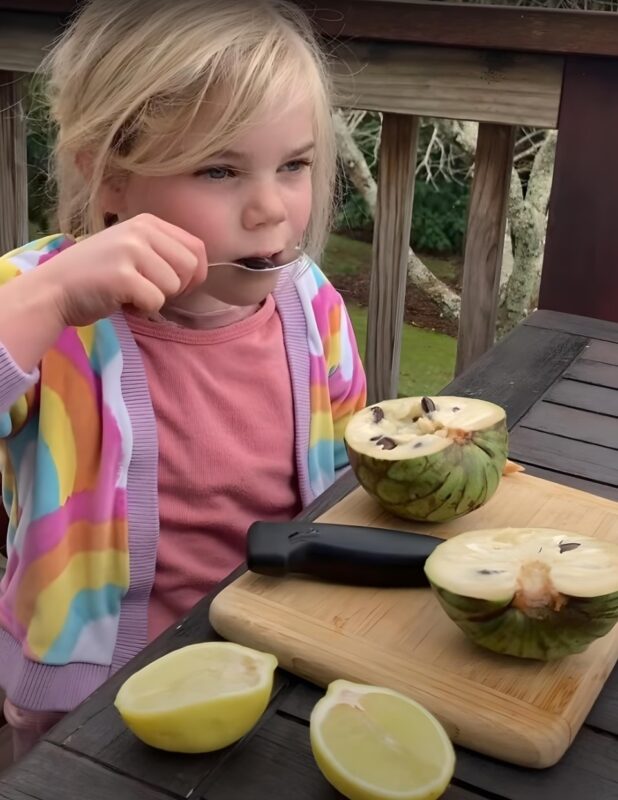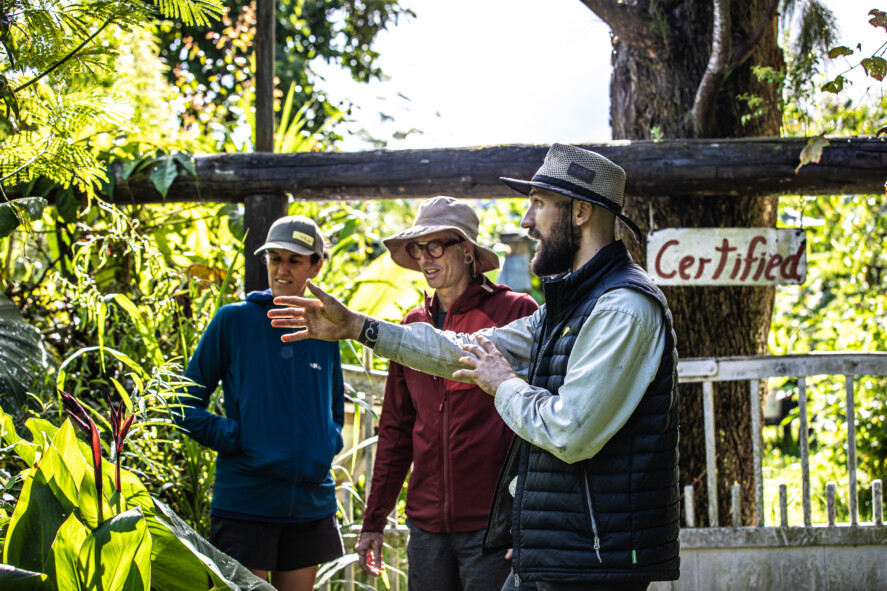-
Troppo Plant & Garden Articles
- Delicious Recipes
- TROPPO’s Food Forest in Te Puke, BOP (www,foodforest.org.nz)
- Troppo’s Plant Collection
- TROPPO's Nursery Directory
- Food Forests of New Zealand (www.foodforests.nz)
- Nursery Map - Plant Suppliers of NZ Directory (www.nurserymap.nz)
- Kids Garden Corner
- New Zealand Garden Bird Survey
- New Zealand Garden Groups
Growing Up in Papua New Guinea: A Journey Up the Sepik River to Meet the Sepik Tribes
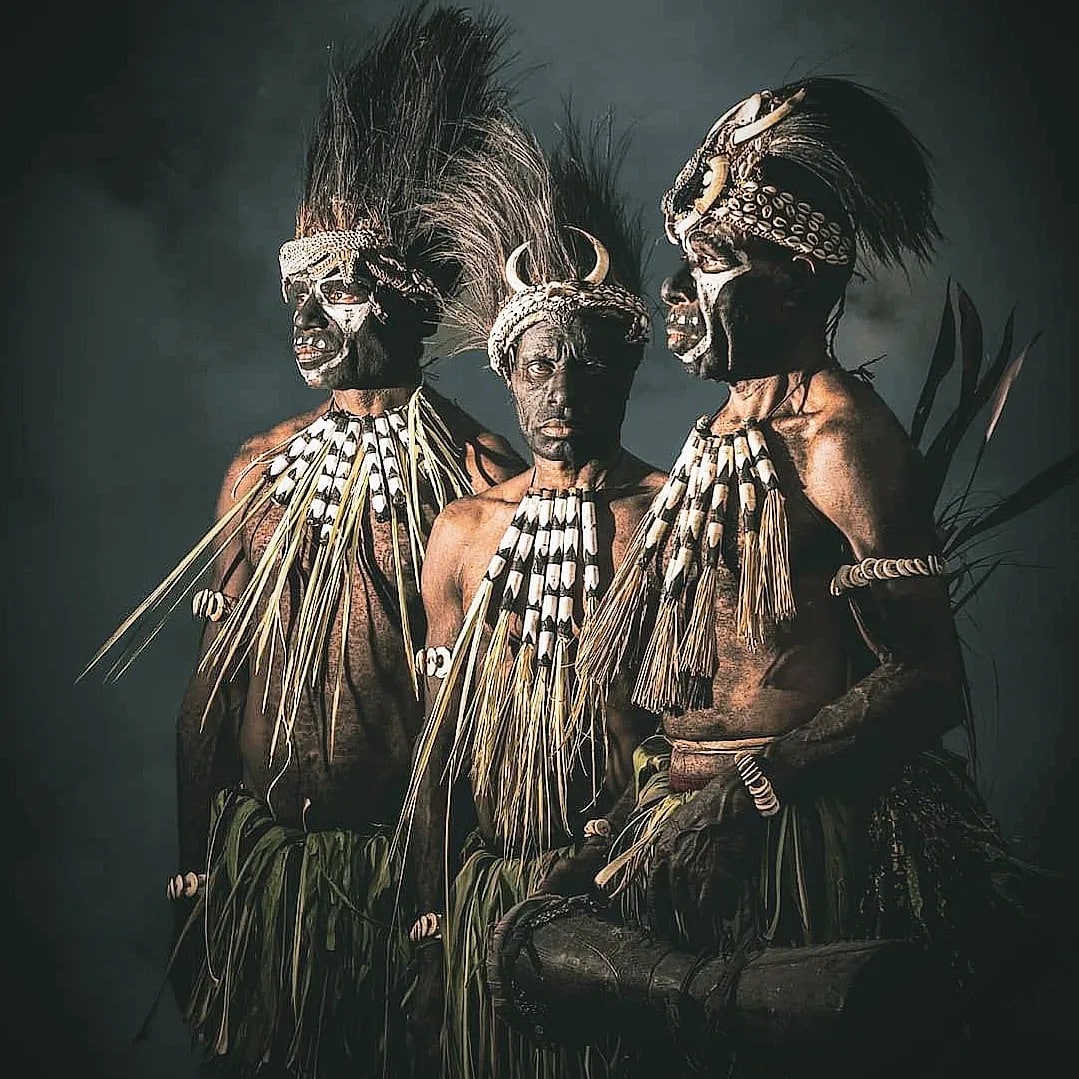
Growing up in Papua New Guinea was a unique and enriching experience, especially when it involved traveling up the Sepik River with my father, who was a missionary. The Sepik River, one of the longest rivers in Papua New Guinea, flows through some of the most remote and culturally rich regions of the country. This journey allowed me to immerse myself in the vibrant cultures of the Sepik tribes.
Three warriors from the Sepik River tribes, this shot was actually taken outside, in the background a small fire but a lot of smoke, under-exposed and used one Godox light. Photography David Van Driessche
The Sepik River
The Sepik River meanders through the dense tropical rainforests and vast swamplands of northern Papua New Guinea. It is not just a river but a lifeline for the numerous tribes that inhabit its banks. The river is their primary source of food, water, and transportation.
The Sepik Tribes
The Sepik region is home to a multitude of tribes, each with its own distinct culture, language, and traditions. Some of the well-known tribes include the Iatmul, Karawari, and Chambri. These tribes are renowned for their intricate art, elaborate ceremonies, and deep connection to the river and its surroundings.
Iatmul Tribe
The Iatmul tribe, residing along the middle Sepik, is famous for its elaborate spirit houses (haus tambaran) and ceremonial carvings. The Iatmul people are skilled artisans, creating masks, drums, and statues that play a vital role in their rituals and storytelling.
Karawari Tribe
The Karawari people live in the Karawari River region, a tributary of the Sepik. They are known for their ancestral spirit carvings and the practice of mummifying their ancestors, which they believe preserves their spirits. These mummies are kept in sacred places and are an integral part of the tribe’s cultural heritage.
Chambri Tribe
The Chambri tribe inhabits the Chambri Lakes area and is known for its fishing skills and distinctive art. Their art often features motifs inspired by the aquatic life of the Sepik River. The Chambri people are also famous for their elaborate initiation ceremonies, which mark the transition from adolescence to adulthood.
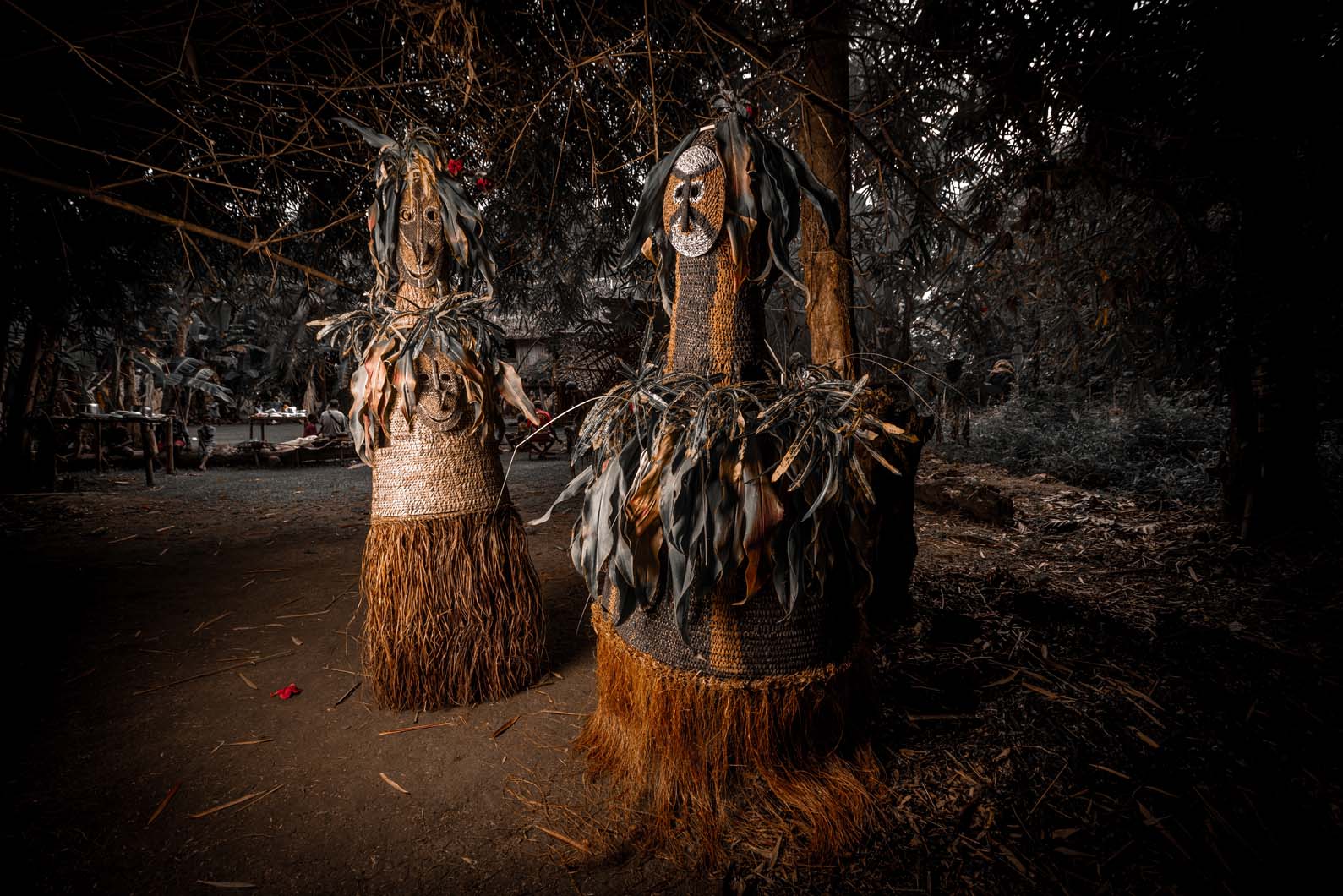
Savanaunt Tribe, Sepik River, Tribes of Papua New Guinea
Journeying Up the Sepik River
Traveling up the Sepik River with my father was always an adventure. We would navigate the river in a dugout canoe or a small motorboat, surrounded by the lush greenery and the sounds of the jungle. Each village we visited had its own unique charm and welcoming community.
Experiencing Tribal Life
During our visits, we would often stay in the villages for several days. The villagers were incredibly hospitable, always eager to share their customs and traditions. I had the opportunity to witness traditional dances, participate in ceremonies, and learn about their way of life.
Learning and Growing
These experiences were formative for me as a child. They taught me the value of cultural diversity, the importance of community, and the beauty of living in harmony with nature. The wisdom and knowledge passed down through generations by the Sepik tribes left a lasting impression on me.
Conclusion
Growing up in Papua New Guinea and traveling up the Sepik River with my father was a truly unique experience. It allowed me to connect with the Sepik tribes and gain a deep appreciation for their rich cultural heritage. These journeys were more than just trips; they were lessons in respect, understanding, and the importance of preserving cultural traditions.
